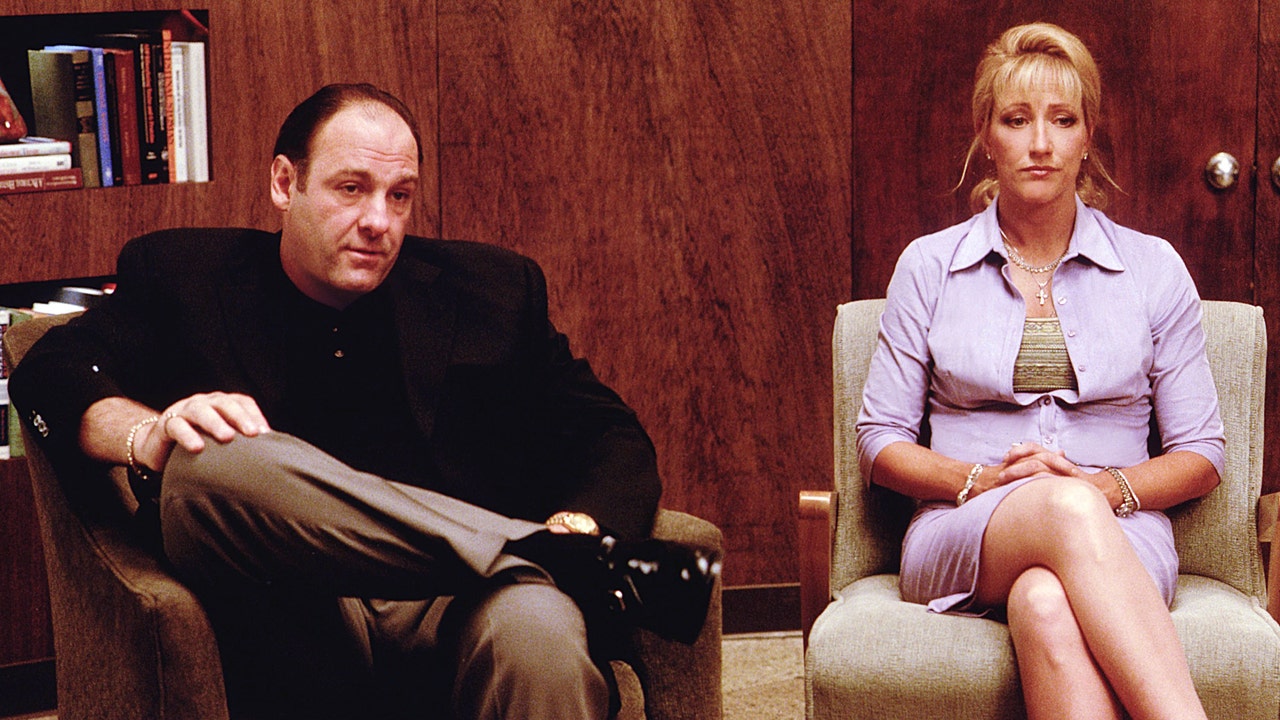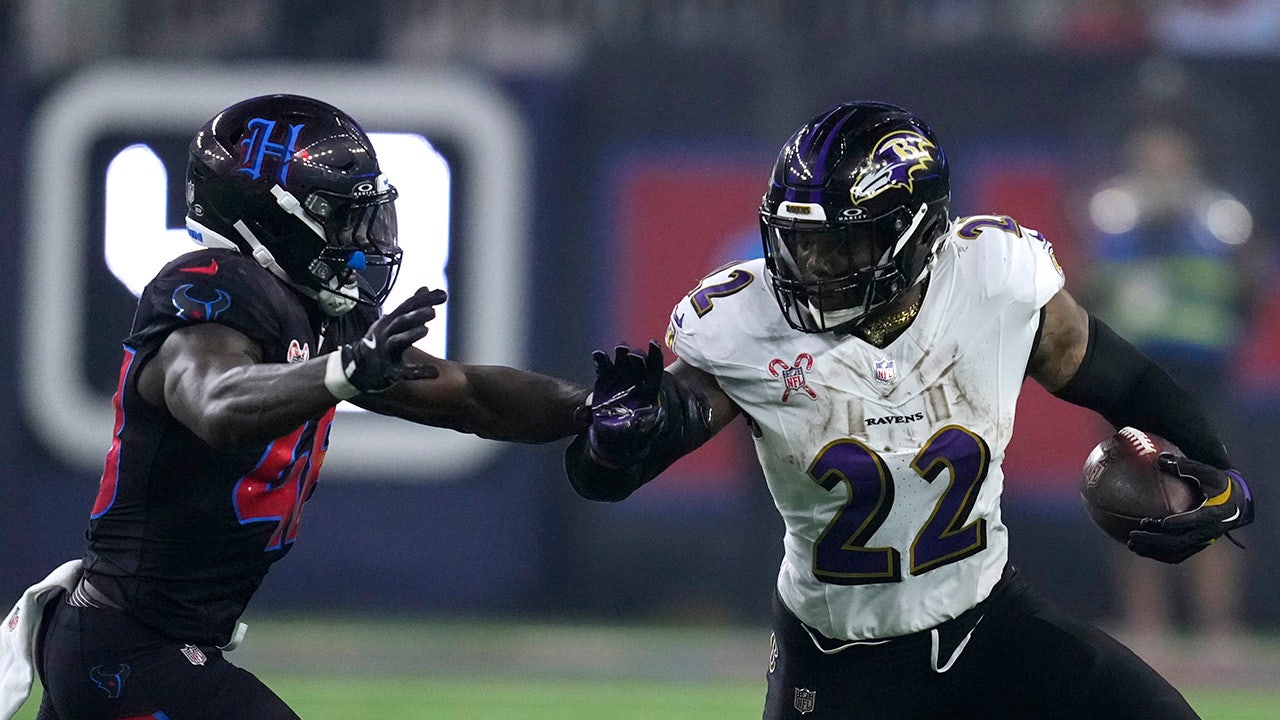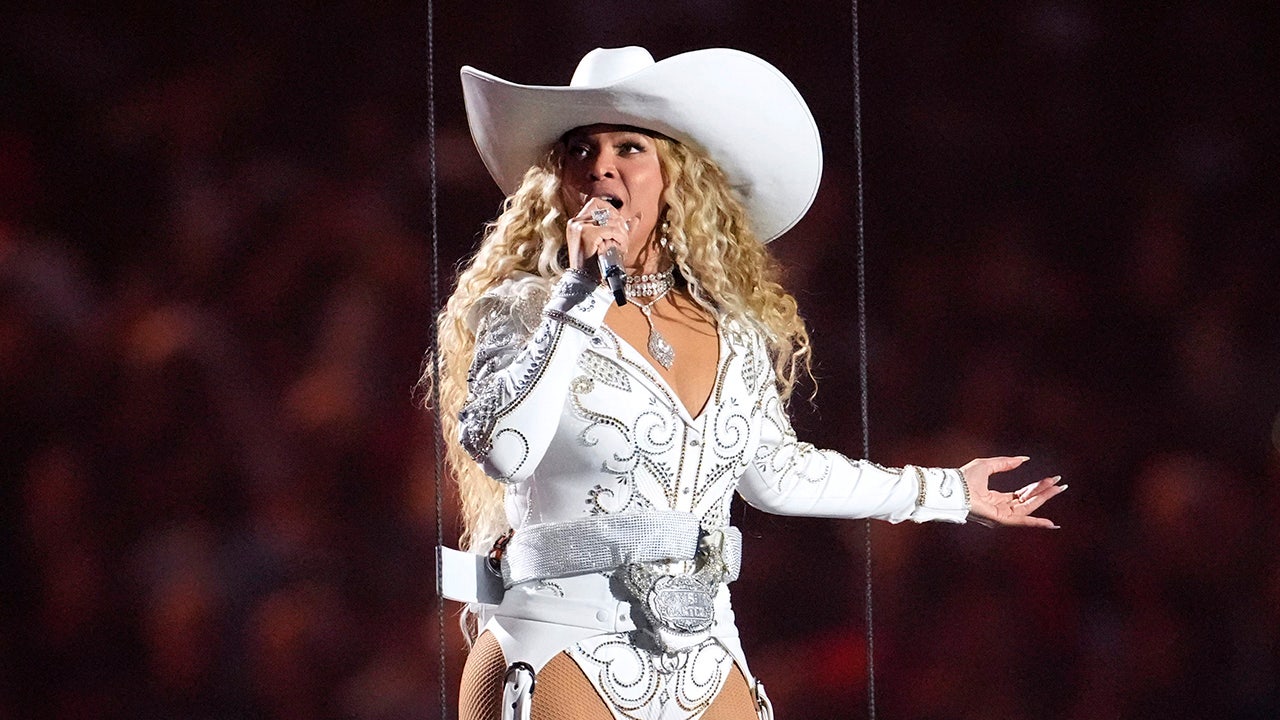Former New York Times journalist Isabel Wilkerson published “Caste” in 2020, following the 2012 slaying of an unarmed African American teenager named Trayvon Martin, at a time when conventional “conversations about race” just didn’t seem accurate enough to hold the inchoate fear, rage and reflexive violence that his death came to symbolize. In her book, Wilkerson connected systemic anti-Black racism in America with similar structures around the world and throughout history, stringing a blood-red thread between Jim Crow, Nazi-era beliefs about eugenics and extermination, and centuries-old hierarchies in India in which the lowest of the low — once called Untouchables, now known as Dalits — are relegated to the country’s most demeaning jobs and degrading social status.
Wilkerson’s insights were brilliant and complicated, and bringing them to life on-screen is not for the faint of spirit: DuVernay, wisely, has not made a talky illustrated lecture. Instead, she has made Wilkerson the protagonist of a drama that involves not just a fascinating intellectual detective hunt, but a universally relatable story of trauma, loss, healing and family.
At the heart of this capacious, occasionally baggy narrative is Aunjanue Ellis-Taylor, who plays Wilkerson in a stunning central performance that calls on her to be stoic and unbending one moment, and shakily vulnerable the next. “Origin” begins when Wilkerson is caring for her elderly mother and enduring a shockingly sudden loss of another family member; that grief follows her as she sets out to explain — to herself more than anyone else — why race isn’t adequate to contain the stories we tell about ourselves and others. That quest will take her to Germany, India and the American Midwest; it will also take the audience back to Berlin and the American South in the 1930s.
And it will take her to a family reunion, where Wilkerson has one of several funny, enlightening conversations with her cousin Marion, played with warmth and cackling wit by a radiant Niecy Nash. It will send her to meet real-life Dalit scholar and activist Dhrubo Jyoti, who plays himself, as well as to a swimming pool in Ohio that was the site of a notorious instance of racist segregation. That scene, in which Wilkerson talks with a firsthand witness to those events, resembles a documentary — a motif DuVernay uses with impressive effect throughout “Origin,” which seems to create a new cinematic language in the same way Wilkerson herself tried to capture and express a new concept.
There are moments when the technique results in a movie that feels too huge, too sprawling, to be legible. But DuVernay — here working with an excellent team, including cinematographer Matthew J. Lloyd and editor Spencer Averick — keeps hold of the reins of a story that gains momentum and cumulative force as its vignettes and Wilkerson’s insights accumulate. A scene with Nick Offerman, playing a plumber coming to help Wilkerson at her mother’s house, becomes a master class in unspoken expression as Wilkerson forces herself to un-see his “Make America Great Again” hat; a sequence reenacting Trayvon Martin’s death, which opens the film, is revisited with devastating potency. “Origin’s” most heartbreaking passage features a character played by Audra McDonald, recounting how the simple choice of a child’s name can penetrate an otherwise intractable edifice of irrational hatred and dehumanization.
An air of mournfulness suffuses “Origin” — how could it not, given Wilkerson’s subject, and the circumstances of her life when she explored it? But DuVernay manages to inject exhilaration and moments of genuine joy and humor into an enterprise that pulses with life in all its detail and contradiction. As a movie that transcends genre, “Origin” is big and bold, unruly and utterly of itself. As a work of deep emotion and catharsis, it is unquestionably one of the most powerful films on-screen this season. And as an exercise in using cinema to create something new — something almost indescribable — it more than lives up to its title.
PG-13. At area theaters. Contains thematic material involving racism, violence, some disturbing images, profanity and smoking. 135 minutes.














































